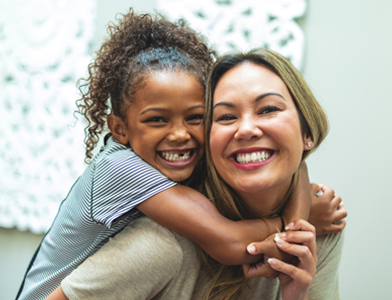How Grants Awarded to FQHCs Can Combat COVID-19 Vaccine Adoption
 Federally Qualified Health Centers (FQHCs) are federally designated health providers that provide low- or no-cost primary care to medically underserved populations such as homeless or low-income individuals, migrant workers and members of marginalized cultural groups. The centers are a critical component for healthcare in Medicaid eligible populations and are essential to ensure equitable COVID-19 access/distribution
Federally Qualified Health Centers (FQHCs) are federally designated health providers that provide low- or no-cost primary care to medically underserved populations such as homeless or low-income individuals, migrant workers and members of marginalized cultural groups. The centers are a critical component for healthcare in Medicaid eligible populations and are essential to ensure equitable COVID-19 access/distribution
Destiny-Simone Ramjohn, Vice President of Community Health and Social Impact for CareFirst BlueCross BlueShield, and Flora Terrel Hamilton, CEO of Family and Medical Counseling Services (FMCS), recently spoke with The AFRO on the contribution of $200,000 to FQHCs in Washington, D.C. The grants will support FQHC's work administering COVID-19 vaccines for individuals, families and communities throughout the city and are part of CareFirst's larger 'Better Together' vaccine pledge and adoption campaign.
"They really are, I think, the backbone in some ways of the healthcare social and clinical safety net, and we couldn't be more thrilled to support them," said Ramjohn. "Issues around health equity and closing gaps in health disparities have been a part of my career for as long as I can remember."
Ramjohn also highlighted the impact social determinants of health have on access to care. The grants will be used to support FQHC vaccine administration, accessing personal protective equipment for staff and other vaccine-related needs.
These investments will be distributed to Unity Health Care, Mary's Center, Community of Hope, Bread for the City, Elaine Ellis, La Clínica del Pueblo, Family and Medical Counseling Services and Whitman Walker.
To read the full article, visit The AFRO and for additional information on the grants, read the press release and a Q&A interview with Mary's Center.
To access additional information on COVID-19, please visit our Coronavirus Resource Page.